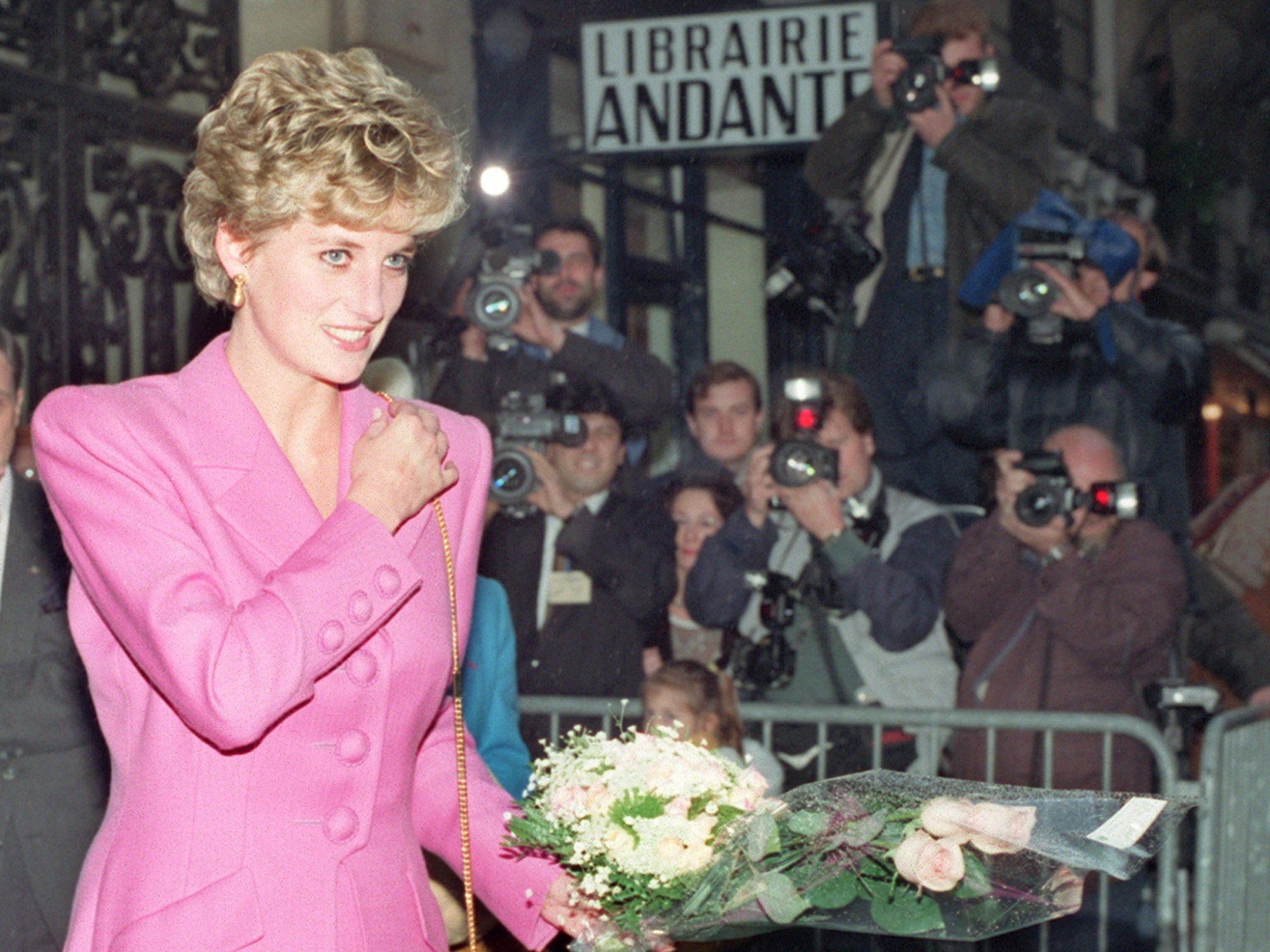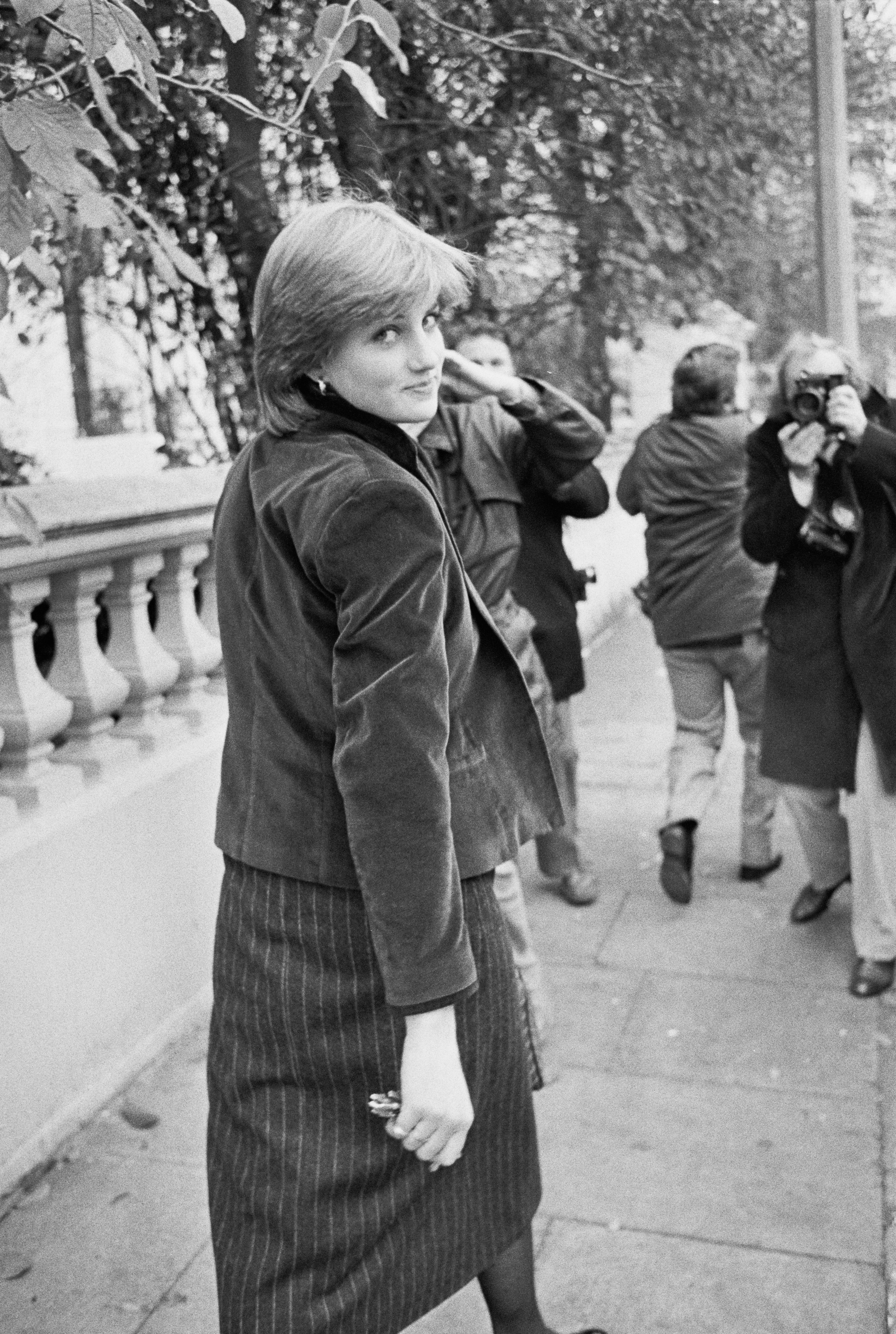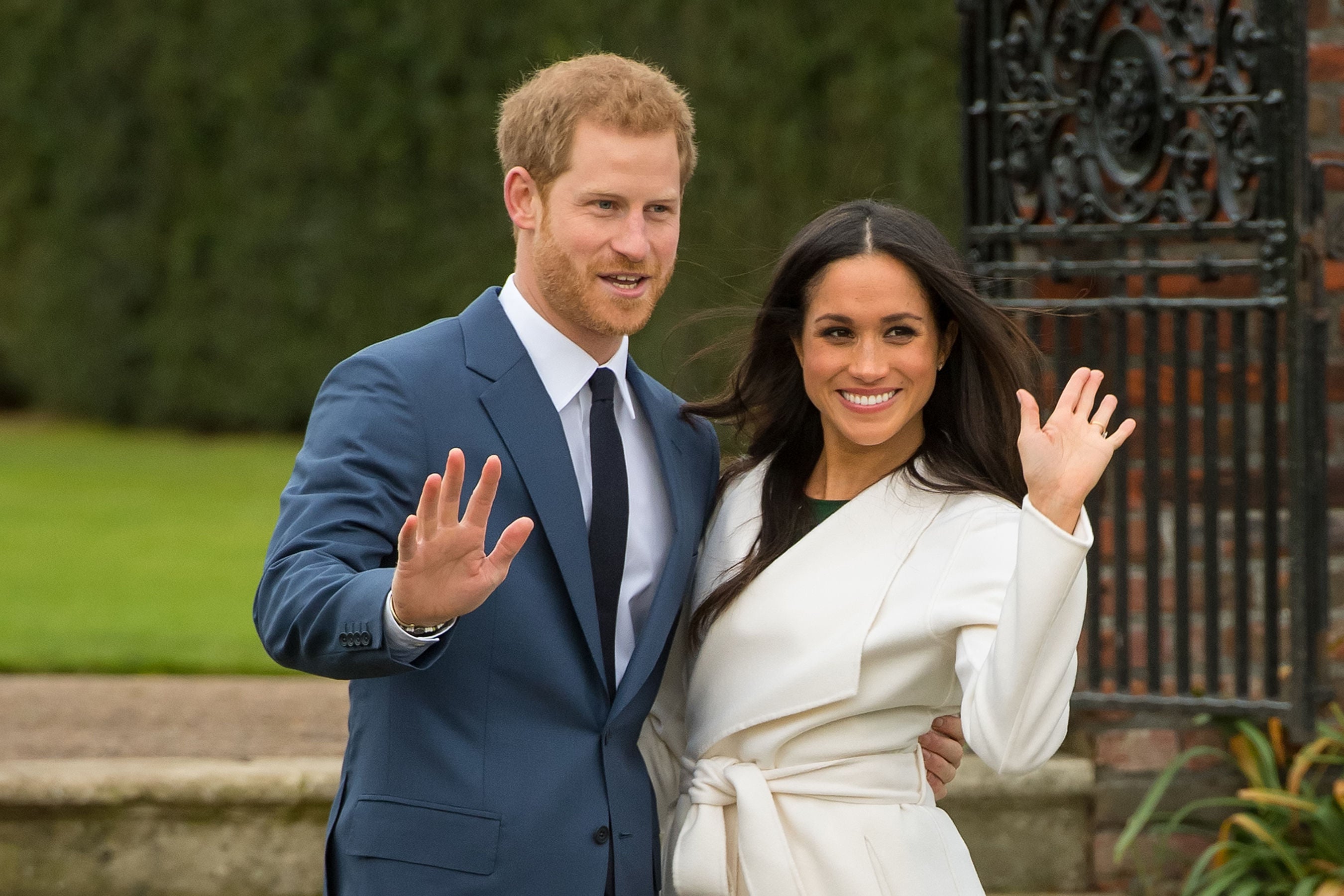It’s been 25 years since Diana died – why hasn’t the treatment of women by the royal family changed?
A quarter of a century on since Diana’s death, women who marry into the royal family still seem to be treated like throwaways. Laura Hampson asks why


Your support helps us to tell the story
From reproductive rights to climate change to Big Tech, The Independent is on the ground when the story is developing. Whether it's investigating the financials of Elon Musk's pro-Trump PAC or producing our latest documentary, 'The A Word', which shines a light on the American women fighting for reproductive rights, we know how important it is to parse out the facts from the messaging.
At such a critical moment in US history, we need reporters on the ground. Your donation allows us to keep sending journalists to speak to both sides of the story.
The Independent is trusted by Americans across the entire political spectrum. And unlike many other quality news outlets, we choose not to lock Americans out of our reporting and analysis with paywalls. We believe quality journalism should be available to everyone, paid for by those who can afford it.
Your support makes all the difference.In modern history, the persecution of royal women begins with Diana. The Princess of Wales unwittingly set a precedent for how women marrying into “The Firm” are treated when she wed Prince Charles on that balmy July day in 1981. The next – and final – 16 years of her life would form a blueprint for all who came after her, from Sarah Ferguson to Meghan Markle. Welcomed into the royal family with open arms, the newcomer would come to be treated as a throwaway if she ever stepped out of line.
By her own admission, Diana spent her time as a royal feeling like an outsider – despite being a friend of the family who’d been orbiting the royals since birth. Before her death 25 years ago this week [just to note why we’re talking about her], she said that the monarchy never prepared her for what was to come, regardless that she was just 20 when she and Charles were engaged. This outsider status grew exponentially after the pair separated in 1992 – it seemed, for all intents and purposes, like it was Diana versus The Firm. In her notorious interview with Martin Bashir in 1995, Diana claimed that the royal family saw her as a “threat of some kind”.
Others have followed a similar path. Prince Andrew’s ex-wife Sarah “Fergie” Ferguson last year described herself as “the most persecuted woman in royal history”: once the pair split in 1992, it seemed as if she was left to fare with the public interest and scrutiny on her own. She was shown little support during that toe-sucking incident, for instance.
More recently we have seen the pattern repeat itself once more with the Duchess of Sussex. While Meghan Markle appeared to be welcomed into the fold swiftly – she attended a Sandringham Christmas before she and Prince Harry married, an honour that wasn’t even bestowed to Kate Middleton – she revealed to Oprah Winfrey last year that the intense public interest that came with joining the royal family led to suicidal thoughts and declining mental health.
“Look, I was really ashamed to say it at the time and ashamed to have to admit it to Harry especially, because I know how much loss he has suffered, but I knew that if I didn’t say it, then I would do it,” Meghan told Winfrey. “I just didn’t want to be alive anymore.” The interview took place a year after Meghan and Harry stepped down as senior working members of the royal family, but the 41-year-old had revealed she was struggling long before this.
During an ITV interview in 2019, Meghan said: “I never thought that this would be easy, but I thought it would be fair and that’s the part that’s really hard to reconcile. It’s not enough to just survive something, right? That’s not the point of life. You’ve got to thrive, you’ve got to feel happy. I really tried to adopt this British sensibility of a stiff upper lip. I tried, I really tried. But I think that what that does internally is probably really damaging.”
At the time, Meghan’s candidness about how she was finding life as a royal felt like a breath of fresh air among the usually private royal family. In speaking out, Meghan echoed Diana’s words during her Bashir interview: “The day I walked down the aisle at St Paul’s Cathedral, I felt that my personality was taken away from me, and I was taken over by the royal machine.”

Unless you are born royal, it seems that The Firm is unwilling to truly help or prepare any outsider that marries into it. Speaking to Bashir, Diana said she was told that public interest in her would wane once the wedding was over. But it didn’t. “I seemed to be on the front of a newspaper every single day, which is an isolating experience, and the higher the media put you, place you, is the bigger the drop,” she explained, adding, “I was very daunted because as far as I was concerned I was a fat, chubby, 20-year-old, and I couldn’t understand the level of interest… no one sat me down with a piece of paper and said: ‘This is what is expected of you.’”
So why then, two decades on, have things not changed among the royal family? Why were these women marrying into the fold not warned about what was to come? In a 2021 interview withInsider, one of Meghan’s wedding dress makers, Chloe Savage, said she thought Meghan had “misjudged” the role.
Unless you are born royal, it seems that The Firm is unwilling to truly help or prepare any outsider that marries into it
“The royal family has broken people before,” Savage said. “Kate had plenty of time to adapt and adjust to it. They gave her time, whereas Meghan sort of dived in headfirst.” She added: “It virtually broke Diana. It broke Sarah Ferguson. It has broken people before. I know it’s looser now than it used to be, but even then, I don’t think [Meghan] was prepared for the things she could and couldn’t do, say, and wear.”
Harry, for his part, tried to help Meghan adjust to royal life. He even broke royal protocol to issue an unprecedented statement to the press in 2016, a few months after the pair began dating. “Prince Harry is worried about Ms Markle’s safety and is deeply disappointed that he has not been able to protect her,” the statement read. “It is not right that a few months into a relationship with him that Ms Markle should be subjected to such a storm.”

Despite Harry’s efforts, and Meghan’s prior dalliance with celebrity when she was an actor, there’s not much that can prepare you for joining the royal family. Yet, for outsiders like Diana, Sarah and Meghan, this shouldn’t matter. It should be up to the institution to protect its own. What a pity, then, that they don’t seem interested.



Join our commenting forum
Join thought-provoking conversations, follow other Independent readers and see their replies
Comments